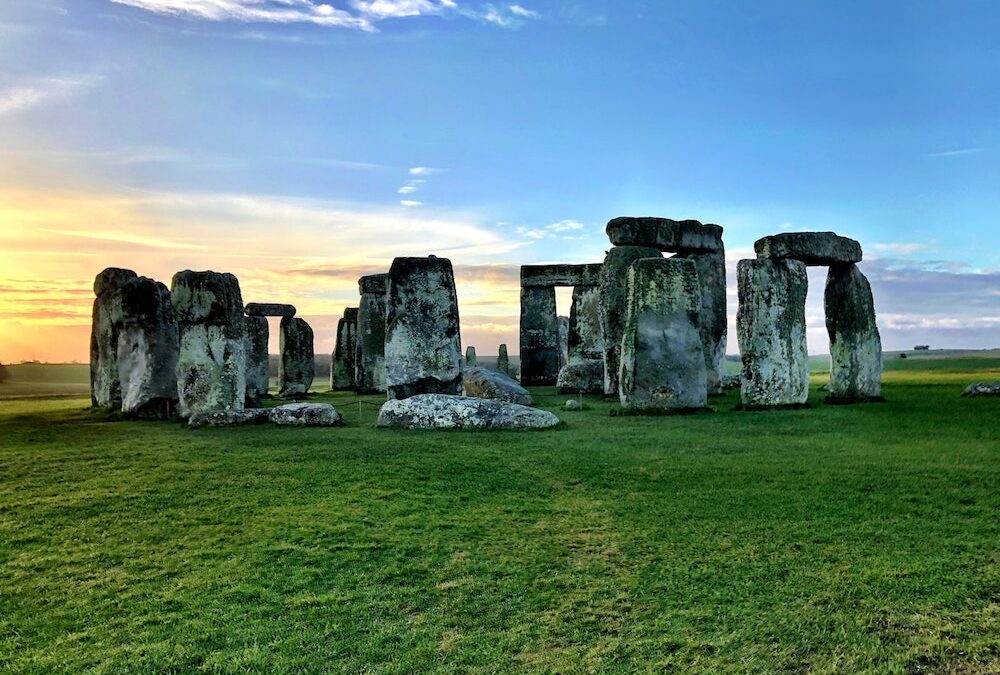Interest on behalf of purchasers in buying a classically-designed home with exciting historical significance is one of the recurring New York real estate trends we’ve observed over the years. While owning a piece of history can be quite fascinating, there are challenges you’ll have to deal with. It helps when you know what to expect.
What can be considered a historic home?
By definition, a home can only be considered historic if it’s at least 50 years old, although there are specific exceptions. A qualifying property must also tick the boxes in other places that may include being connected to a significant historical event or individual, embodying a historically significant style, or providing historically significant information. So, if the property has been around for decades or centuries, chances are it’ll need some repair efforts here and there. And, in the future, property maintenance demands might be more than you’d expect from a newer or more modern home. I’ve outlined some tips below if you’re considering buying a historic designated home.
1. Renovations may be regulated
Buying a historic New York real estate property comes with specific responsibilities, even after closing. Some of these homes often come with preservation easements that regulate what future owners can do with the property as far as renovations are concerned.
A preservation easement is a deed or voluntary legal agreement aimed at preserving a property’s historic features or character. Along with dictating how a property can be used, it can also be used to determine how much and what types of alteration can or cannot be done to the building.
This can impact what changes the owner can make as far as renovations go. A cursory evaluation by a zoning administrator or licensed architect may be helpful before embarking on projects.
Want to turn that porch into a kitchen? Want to change the window in front of your house? That might be prohibited so you’ll need to check in with the right entity. For instance, in the Row House District area of New York, you’ll need a Certificate of Appropriateness (COA) for something as minor as changing your exterior shutters. Wherever you’re buying a historic property, it helps to research what regulations are in place before you decide to close on the property.
2. Home inspection considerations
Historic homes were designed and built in ways vastly different from modern practices. Old houses like these often come with challenges that will need the attention of experienced home inspectors. They’ll know where to look for when it comes to spotting signs of water damage, dampness, wiring faults, and plumbing issues, among others.
3. Insuring a historic home could be expensive
Insurance companies always factor in the costs of restoration or renovation into the policy. This means that home insurance for older homes is usually more expensive and could be challenging to obtain. According to an article in The Washington Post regarding insuring historic homes, “Premiums for insuring a historic home are typically about 20 percent higher than for a standard home.”
Think about it, what if disaster hits? A flood or fire for instance? Replacing the material may be difficult to obtain and could be costly. Materials and building codes play a huge role here as well; since building codes are always changing, the chances of the historic home being up to date are nill.
4. Financial implications of buying a historic New York real estate property
Finally, if you’re buying a historic piece of New York real estate, you have to be aware of the financial implications as it’s kind of a two-way street.
Owning a historic property in New York may come with financial benefits in the form of tax credits. There is a federal Historic Rehabilitation Tax Credit (HTC), and there are also state tax credits for qualifying properties. Long-term real estate property appreciation also applies. Unlike modern homes, historic homes are in limited supply. Owning and maintaining one may net you significant financial gains in the future. But on the flip side, it may also be harder to sell because less buyers are in the market for such homes due to restrictions. Furthermore, a historic property might cost more to maintain than the average home, depending on its condition. Hiring highly-experienced and skilled craftsmen for things like masonry work, plaster, and the like might mean higher labor costs. Talk about renovation costs with your A-Team and create a contingency plan should the need arise.
Conclusion
Buying a home is always a big decision regardless of age. Buying a historic New York real estate property requires even more due diligence. Due diligence can range from learning about the property and applicable guidelines to giving it a thorough inspection, arranging to finance, buying home insurance, and creating a contingency plan for possible renovation projects.
While this might seem like a daunting task at first, how well you plan ahead will help you avoid any unpleasant surprises.
Click here to return to the main News section.
This information, based on New York law, was provided courtesy of The Law Office of Christopher J. Arrigali, P.C. It is intended to inform, not to advise. No one should try to interpret or apply any law without the assistance of legal counsel. Please click here for the full disclaimer.


